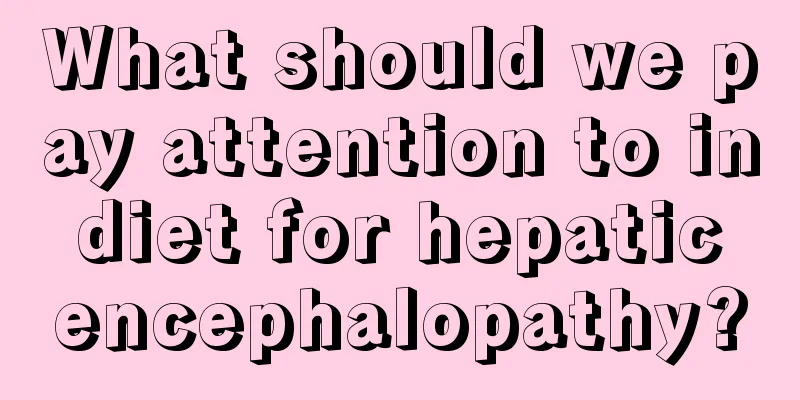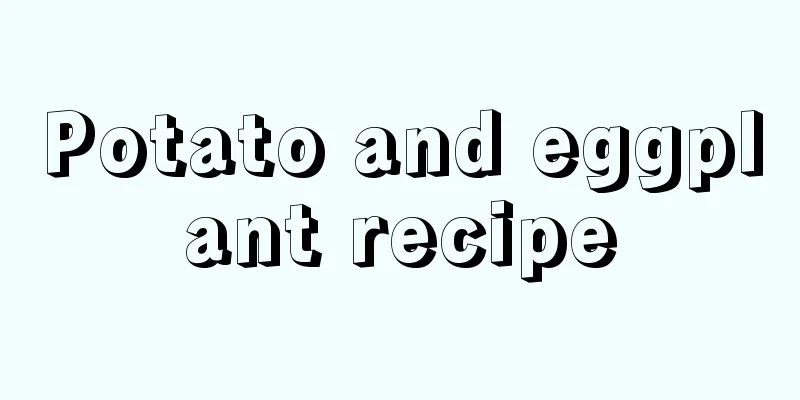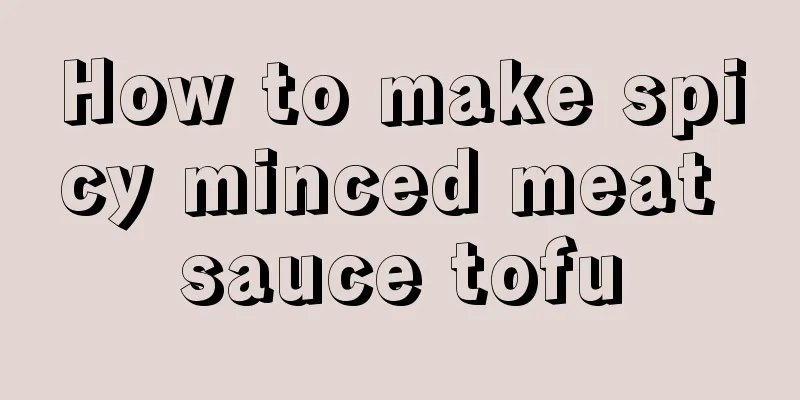What should we pay attention to in diet for hepatic encephalopathy?

|
For patients with hepatic encephalopathy, they must pay attention to scientific treatment methods in their lives, and also pay attention to scientific eating habits. They should control total energy and protein, reduce ammonia production in the body, and pay attention to vitamin supplementation. 1. The principle of dietary treatment for patients with hepatic encephalopathy is to control total energy and protein and reduce ammonia production in the body. Energy supply should be appropriately controlled, and 6.7MJ (1600kcal) per day is appropriate. The diet should be mainly carbohydrates, which should account for 75% of total energy. When the patient is comatose and unable to eat, nutrients can be supplied through a gastric tube if there is no esophageal varices. If there is esophageal varices, intravenous drip of 20% glucose saline or drip of hypertonic 50% glucose solution (vitamin C and energy mixture can be added) should be used to maintain heat energy needs. 2. For comatose patients, the daily protein supply should be controlled at around 0.5g/kg/person, and the supply should be adjusted every 2 to 3 days, but the maximum limit should not exceed 1g/kg/person. If the patient has increased blood ammonia and neurological symptoms, animal protein should not be given within 2 to 3 days. Then, start supplying at 0.2 to 0.3 g/kg/person and adjust it every 2 to 3 days. For patients with renal insufficiency or hepatorenal syndrome, protein intake, especially animal protein, should be strictly limited. 3. The amount of fat in the diet should be 30-40g per day. In order to prevent insufficient heat supply, fat emulsifiers can be used to increase energy and prevent diarrhea. 4. The supply of vitamins should be sufficient, especially more vitamin C, to facilitate detoxification. A low-protein diet often leads to deficiencies in calcium, iron, vitamin B2, vitamin K, etc., which should be supplemented in addition to the diet. Studies have shown that copper and zinc levels in the brain decrease during liver failure, which may be one of the causes of hepatic coma. Therefore, attention should be paid to zinc and copper supplementation in dietary treatment. 5. The supply of water and salt depends on the presence or absence of ascites and edema. If accompanied by ascites or edema, a low-salt or salt-free diet should be given, and fluid intake should be restricted. |
<<: Can I eat fish if I have hand, foot and mouth disease?
>>: Is eating ginger effective for kidney deficiency?
Recommend
How to make winter melon and lean meat porridge
People cannot live without food from the moment t...
Spiced meat pie recipe
Many girls complained that the food was not good,...
How to make sweet and salty shortbread
Our great China is vast and rich in resources, an...
Garlic Roasted Ribs
Does your nine-to-five job make you feel suffocat...
How to cook Southern and Northern Apricots with lean meat
More and more people are aware of the importance ...
Steamed Scallops with Garlic Vermicelli
For animals, eat is a verb. But for us humans, it...
How to make durian pancakes
I think many people’s IQ drops to zero when they ...
Saffron Porcini Risotto Recipe
The word "laziness" has ruined the live...
How to cook steamed crab with egg
I always envy other people’s tables full of delic...
Baby Rice Cereal Formula
Most babies need to add complementary food from s...
How to make dumplings with chives, eggs, black fungus and ham
High work pressure is a problem that many people ...
How to make braised pork intestines
Does your busy daily work make you feel tired? Ar...
How to make garlic fried pork
Friends are made through getting along with each ...
How to make sweet and sour fish
Many people are the only child in their families,...
How to make spinach omelette
People often complain about being stressed, havin...









